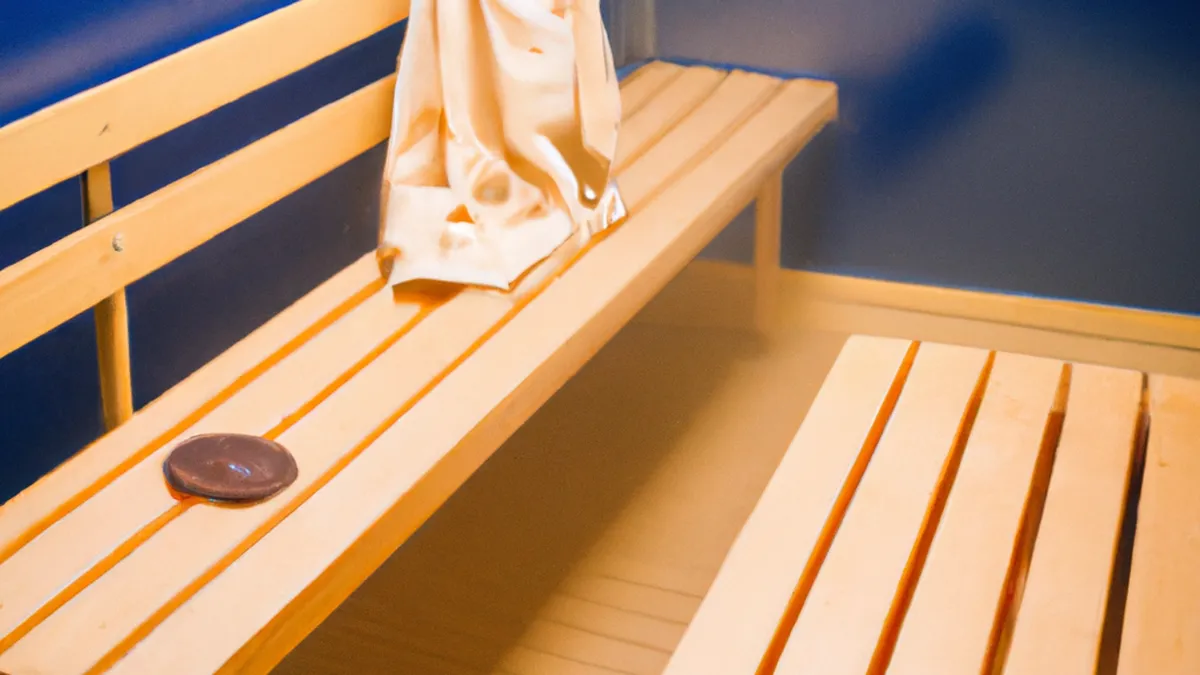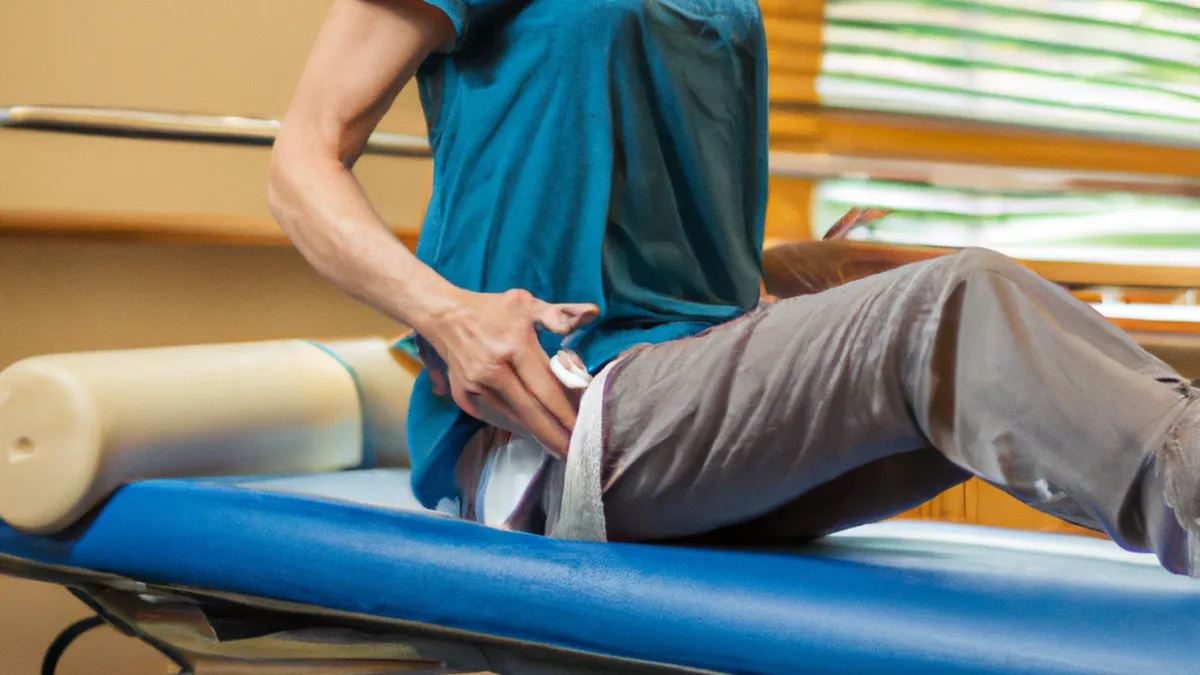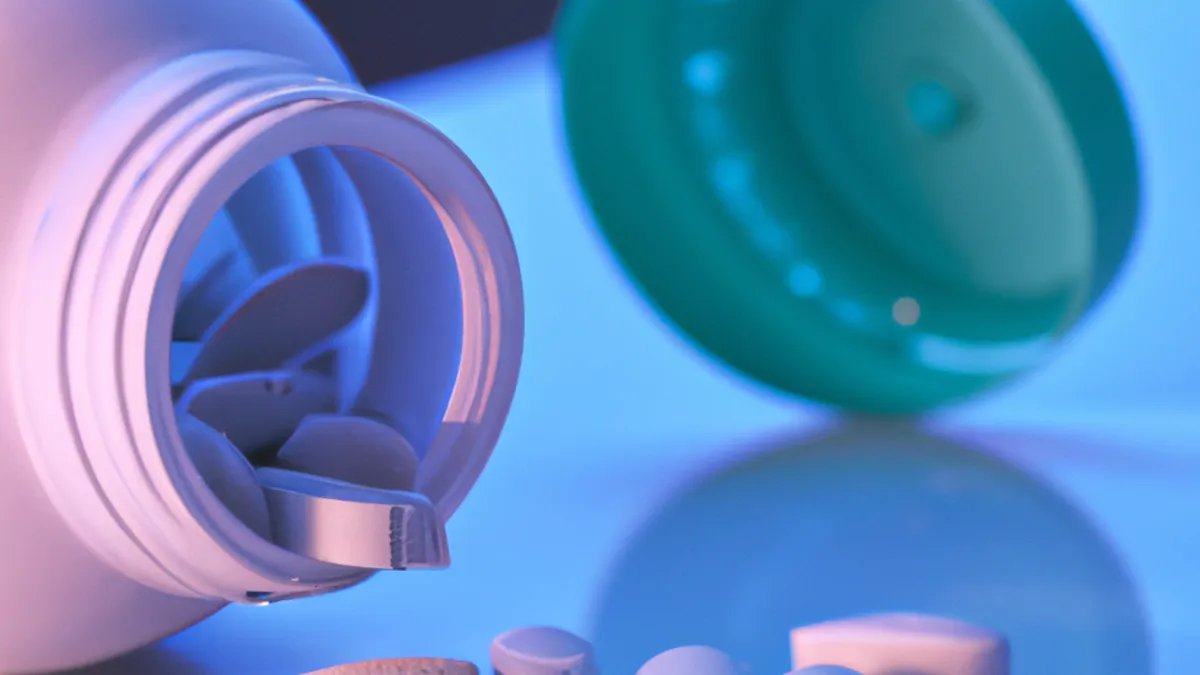Heat Therapy: A Game-Changer for Injuries
Heat Treatment for Muscle StrainsMuscle strains commonly occur during physical activities, sports, or daily tasks. They result from overstretched or torn muscle fibers, causing pain, swelling, and limited mobility. Effective treatment ensures quick recovery, and heat treatment offers significant benefits. This blog explores heat treatment for muscle strain recovery, including tips, benefits, and precautions.
Understanding Muscle Strains
Muscle strains vary in severity. Mild strains cause minimal discomfort while severe strains may need medical intervention. Common causes include overexertion, sudden movements, poor warm-up practices, or improper technique. Symptoms include localized pain, swelling, stiffness, and bruising.Initial treatment for acute strains often involves cold therapy to reduce swelling and numb pain. Later, heat treatment aids recovery, especially for chronic injuries or muscle tightness. Heat increases blood flow, promotes healing, and relieves discomfort.
Tips for Applying Heat Treatment
As an Amazon Associate I earn from qualifying purchases.
Gear tip: consider sauna hat, sauna towel, and sauna thermometer to support this topic.
To maximize heat treatment benefits, follow these tips:
1. Choose the Right Heat Source
Select from several heat application options:- **Heating Pads**: Electric heating pads offer consistent, adjustable heat. Monitor them to avoid burns.- **Warm Towels**: Effective and simple, dampen towels and microwave them briefly. Ensure they aren’t too hot before applying.- **Hot Water Bottles**: Portable and localized, fill them with hot (not boiling) water and wrap them in a towel.- **Moist Heat**: Moist heat penetrates deeper. Use a damp cloth or soak in a warm bath for better effects.
2. Timing is Key
Apply heat for 15 to 20 minutes at a time. Repeat every hour as needed. Allow your skin to cool between applications to prevent burns.
3. Monitor Your Skin
During treatment, check your skin for irritation or burns. Remove the heat source if you notice redness, blistering, or discomfort. Prioritize your comfort and safety.
4. Incorporate Gentle Movement
After heat application, engage in gentle stretching or movement of the affected muscle. This improves flexibility and prevents stiffness. Listen to your body and avoid overexertion.
Additional Advice
Stay hydrated and rest your muscles. Consider consulting a healthcare professional for personalized guidance.
Conclusion
In summary, heat treatment effectively aids muscle strain recovery. Follow these tips for safe and beneficial application.
Below are related products based on this post:
FAQ
What causes muscle strains?
Muscle strains occur due to overstretched or torn muscle fibers, often resulting from overexertion, sudden movements, poor warm-up practices, or improper technique. Symptoms typically include localized pain, swelling, stiffness, and bruising.
How does heat treatment help with muscle strains?
Heat treatment aids recovery by increasing blood flow to the affected area, promoting healing, and relieving discomfort. It is particularly beneficial for chronic injuries or muscle tightness after initial cold therapy.
What are the best practices for applying heat treatment?
To apply heat treatment effectively, choose a suitable heat source like heating pads or warm towels, and apply heat for 15 to 20 minutes at a time. It’s important to monitor your skin for irritation and incorporate gentle movement after treatment to enhance flexibility.















Post Comment